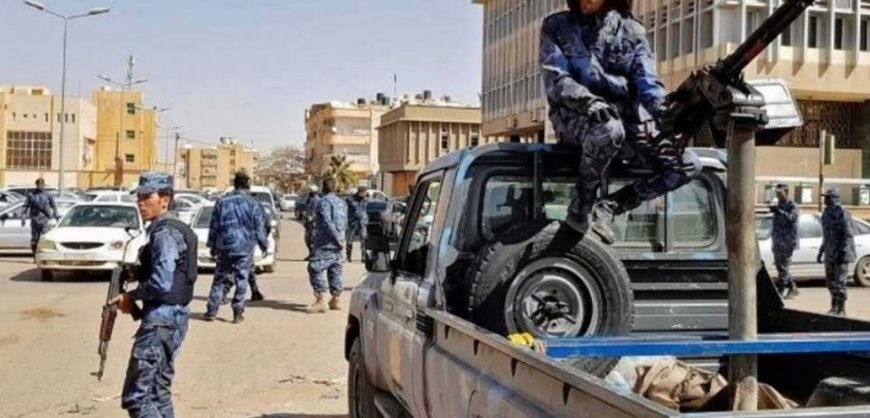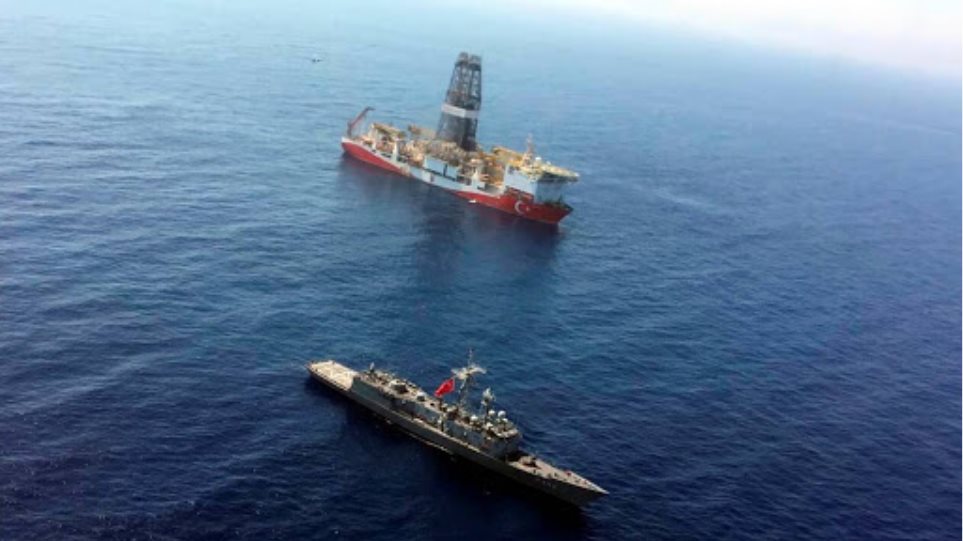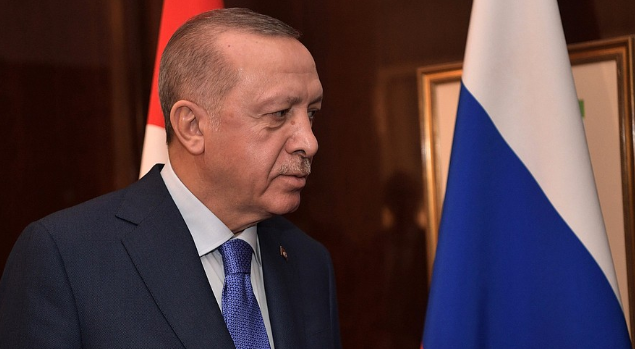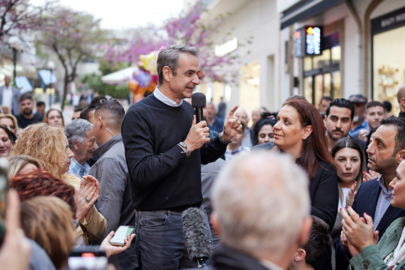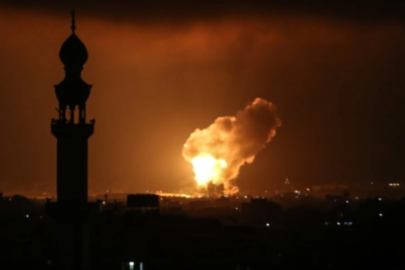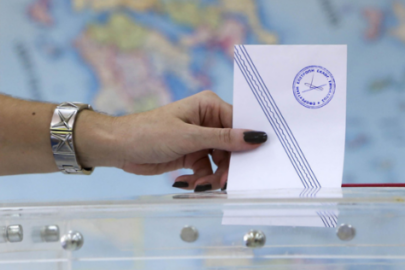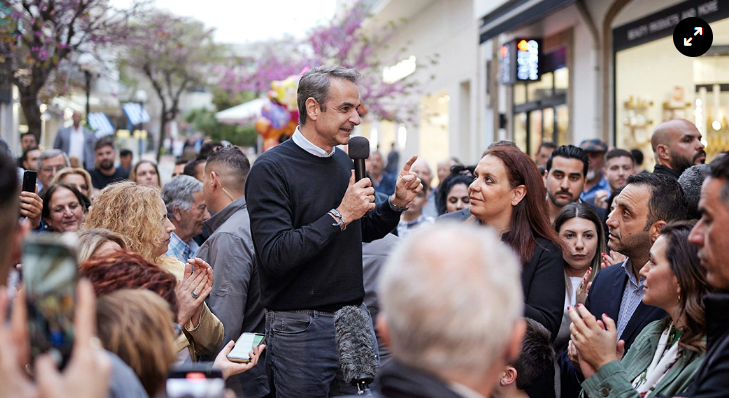The drive from Benghazi to Derna, a port city in Eastern Libya is stunning. After passing through the al Kouf valley, the route continues past picturesque Greek ruins and down a coastal highway overlooking the vast, blue Mediterranean. We stayed at the Emilia Resort, a cluster of well-appointed tourist apartments directly across from the sea. After we settled in, we met Suraqa el-Shaari, 26, at the resort’s restaurant and coffee shop.
El-Shaari sat in a red vinyl booth, fidgeting as he began to recount the worst six months of his life. “It was the Shura Council that captured me and made me their prisoner in 2018,” he said. He described the torture the group inflicted on him while he was their captive. “I think they kept me hung up for 11 days by my wrists. Just my big toes touched the ground.” Drawing a shaky breath, he rolled up his sleeves a bit. “I still have the marks on my wrists.”
In October 2014, much of the city of Derna was overrun by ISIS. In June 2015, the Shura Council of Mujahideen in Derna, a coalition of al Qaeda-affiliated, Islamist militias at odds with ISIS over territory and resources, began fighting ISIS for control of Derna. ISIS was expelled in 2016, leaving control of most of the city in the hands of the Shura Council. “But they were the same,” said El-Shaari. “ISIS and the Shura Council were the same. They were terrorists.” El-Shaari and other captives were able to escape when the Libyan National Army (LNA) defeated the Shura Council and took control of the city of Derna.
As El-Shaari began to tell more of his harrowing ordeal, Major General Salem Miftah Al-Refadi of the LNA walked into the restaurant and approached our table. El-Shaari was visibly nervous. Al-Refadi greeted us, and we made plans for the following day, when we’d be interviewing him and touring the city with some of his soldiers.
El-Shaari was emanating anxiety, repeatedly turning towards the exit and then back to us, as though he were planning to bolt. When Al-Refadi left, El-Shaari looked relieved. His relief was short-lived.
PM Mitsotakis: April will be a crucial month, if necessary, restrictions will be made tighter
Less than a minute later, Al-Refadi walked back into the restaurant, sat down directly across from El-Shaari, and said, “I remember now who you are. We came to arrest you, but you weren’t at home. Look, I’m not going to arrest you. Consider this a warning. You cannot pursue your own justice. That’s not right, and that’s not how things are done here. We follow the law here.” Without waiting for a response, Al-Refadi left again.
Bewildered, I asked El-Shaari to explain. After he was freed, he harassed the family of one of his captors, a militant who’d been arrested by the LNA in the course of the final battles in Derna. He visited the family’s home and demanded restitution payments. He says he may have threatened them, too. “I shouldn’t have done it,” he said, “But I was angry.” The family went to the LNA for help, which prompted the LNA to attempt to arrest El-Shaari.
The next day, I asked Al-Refadi about the situation. “So, the family of the terrorist who kidnapped him felt safe asking the LNA for help?” I asked. “Even though their relative is in your custody and spent years fighting against your army?”
Read more: investigative journal

